What is a DJ?
- Definition of DJ (Disc Jockey):The full translation of DJ is "Disc Jockey". In the earliest days, DJs used vinyl records, and the people responsible for playing and operating vinyl records were called "Disc Jockey".
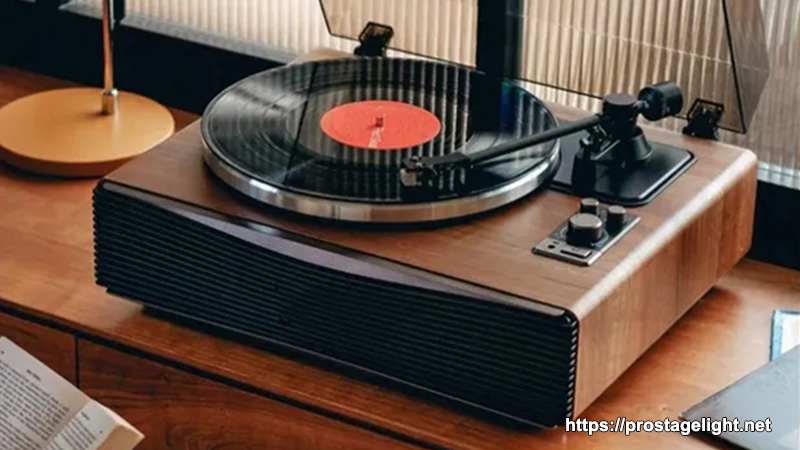
With the passage of time and the advent of the digital age, we have electronic devices like MP3s. Of course, DJs' equipment has also changed from simply using vinyl records to using turntables in electronic decks. Thus, a technique called "Scratch" was born.
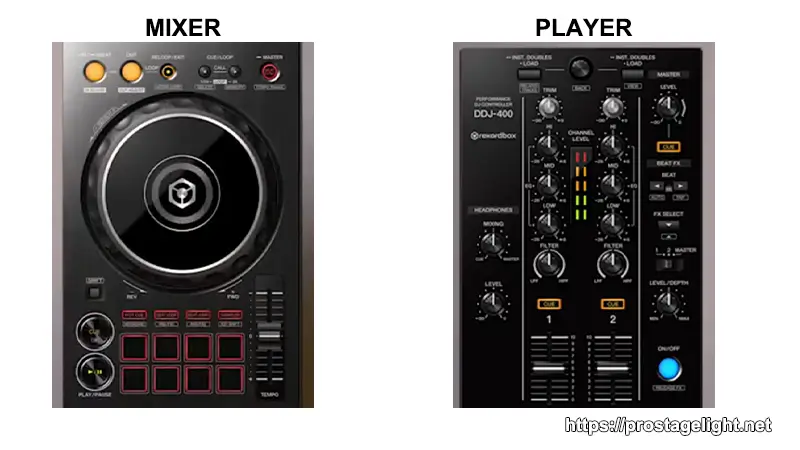
Scratch: Scratch is one of the DJ techniques. Unlike "DJing" (which refers to the whole process of a DJ's work), scratching involves using hands to stop or make the record spin faster, quickly moving to other parts of the music, or using hands to control the stylus to move back and forth on the record, creating a special timbre.
Besides using turntables, we also use a device called a mixer. What is the mixer used for? It's actually quite simple. The area at the bottom is used to adjust the volume, while the area on top, which we call "EQ", is used for tuning. Generally, two songs are mixed together and continuously connected, alternating playback from right to left. In fact, these are the main tasks of a DJ.
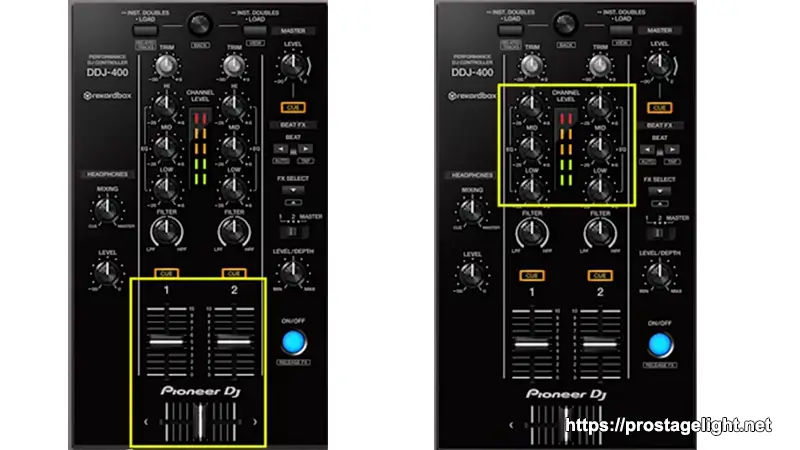
Broadly speaking, anyone who plays music can be called a DJ. That's right. Being a DJ is actually quite simple. You just need to listen to a lot of music, have good taste in music, be able to smoothly and skillfully connect songs together, and make people dance and have a great time. Then you are already a qualified DJ.
How to become a club DJ? What is a club DJ?
Generally, there are three types. First, radio DJs, such as those working in radio stations. Second, event DJs. For example, DJs appear frequently in various large and small events like car racing events. And in some basketball games, football games, or horse racing events, the people responsible for playing music are called event DJs. In China, many event DJs are replaced by audio technicians. There are few professional event DJs. Finally, there is the club DJ that we are most familiar with. Generally, in nightclubs, clubs, bars and other entertainment venues, they use decks to play music and create an atmosphere for the audience, mainly playing electronic dance music to get everyone dancing and having a good time. This kind of DJ is called a club DJ.
Officially, a club DJ refers to the person responsible for playing music in a club that sells music as its selling point. A DJ is both a music player and a music promoter. The job involves using turntables and mixers to continuously play and mix mainly dance music for customers to dance to the beat. DJs are an important part of club culture.
How can we explain this? In fact, DJs themselves are not music creators. People who create music are called "PRODUCER".
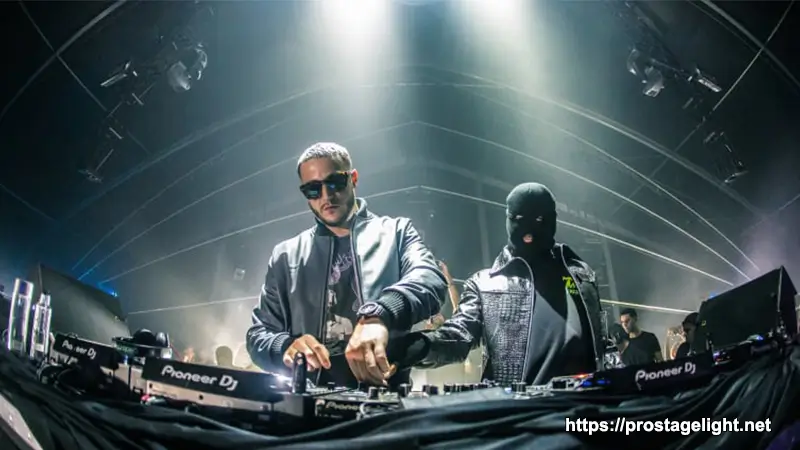
If PRODUCER is the art of creating music, then DJ is the art of playing music.
Although many top 100 DJs like DJ SNAKE often go to large music festivals to DJ and play music, when he is playing music as DJ SNAKE, he is a real DJ. However, when he returns to his studio to release albums and create songs, he can also be PRODUCER SNAKE.
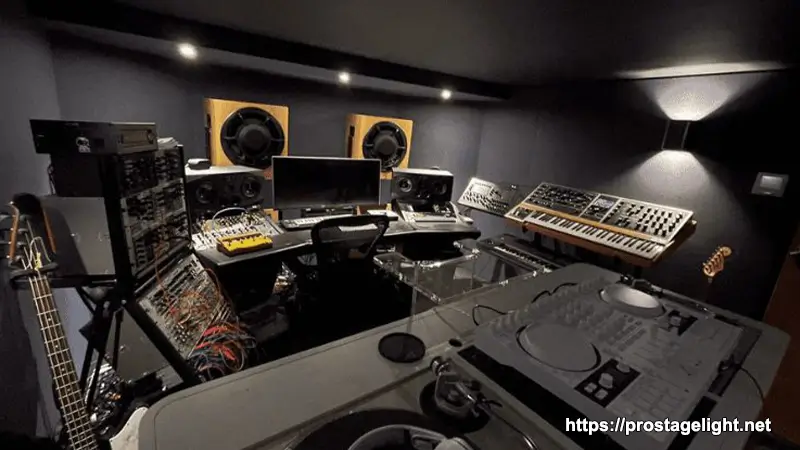
So where does the art of DJ lie?
In daily work, about 90% of the materials DJs use are the finished products of other producers. Of course, there are also some DJs who may play their own works at concerts to promote them, but this is a minority.
Then DJs select songs to play at different times at the scene, and use these songs to remix and connect them together through mixing. Maybe two songs are played simultaneously or intertwined in various ways. When combined together, it forms a DJ Set.
When two songs are connected and integrated as a whole, it is called a DJ Set. And this DJ Set contains the whole emotional progression arranged by the DJ. This emotional progression is very important and involves extensive knowledge. It's hard to describe it in words. It requires more personal experience and the accumulation of experience.
The DJ Set is an important criterion for distinguishing an entry-level DJ from an expert-level DJ. And in this DJ Set, as mentioned earlier, it is necessary to complete an emotional progression and creatively and interestingly combine various kinds of music. Then one may become a qualified club DJ. And after performing these music, getting everyone to dance together is what a qualified DJ must possess.
What preparations does a DJ need to make?
Before going on stage, a DJ needs to make some preparations. A computer in good working condition and a DJ console that supports Rekordbox are essential. Here, I highly recommend the DDJ-400. It is a very cost-effective entry-level DJ console. It is often used when running gigs. It integrates all the functions of a turntable and a mixer.
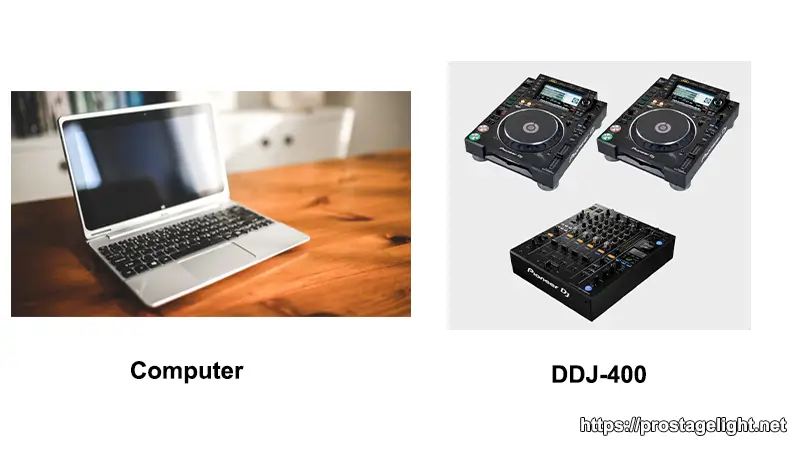
When paired with the DJ software Rekordbox, it can simulate all the functions required by professional DJ equipment.
You also need a USB 3.0 flash drive. Backing up your playlist to the flash drive can greatly facilitate your performances at external venues. And if something goes wrong, you have file backups, which is very convenient and safe.
Besides the flash drive, we also need a pair of monitoring headphones. The monitoring headphones used by DJs don't have to be very high-end. Because DJs need to perform in various places, and the performance environment is usually very noisy. So you need to turn up the volume of the monitoring headphones. In this case, if you use a particularly good pair of headphones and use them at a high volume for a long time, it will cause great damage to the headphones. If it's for a DJ's monitoring headphones, it's not recommended to buy very expensive and high-quality ones. Instead, a moderately priced pair with a loud enough volume will do.
Before starting to learn DJing, you also need to first establish your own music aesthetics. This is very important for a DJ.
Because the essence of a DJ is the art of playing music. The first thing to consider is what songs to play, and then how to play them. So if a DJ doesn't have his own unique music aesthetics and doesn't know what music to play, he is not as convenient as a music player.
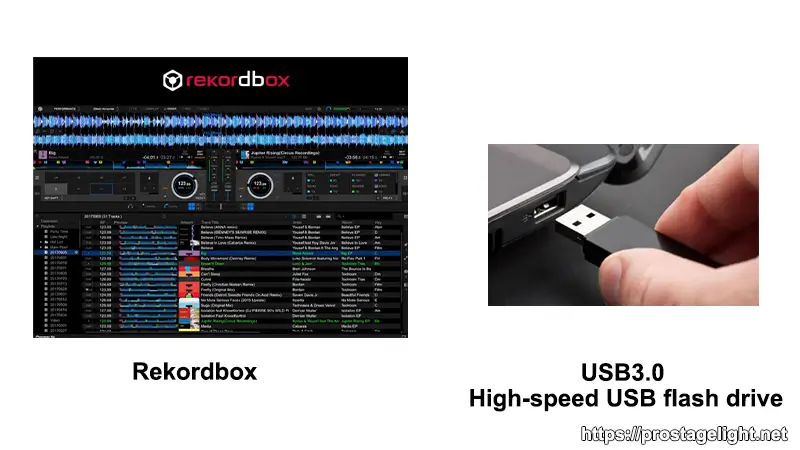
How to cultivate music aesthetics?
The answer is actually very simple: listen to more music. But listening to music here doesn't mean listening aimlessly just to pile up the quantity, like "I'm going to listen to 1,000 songs today and another 1,000 songs tomorrow. I'll be great if I listen to 10,000 songs." That's not right. Listening to music should be done in a scientific and purposeful way. First of all, you need to know what you are listening to and what style of music it is. Only in this way can it help you have a clear understanding of various styles. Then, it's about extensive exploration, which means you should listen to all kinds of styles of music. You can't just listen to the styles you like and ignore others. That's wrong. Only by extensive exploration can you have a clear understanding of all music styles. The more you listen, the more you can truly know what styles you like. Besides mainstream and narrow EDM styles like BASS HOUSE and FUTURE BASS, there are also many other more niche but nicer styles such as TECHNO, TRANCE, DOWN TEMPO, BREAK BEAT, BASS, HARDCORE and so on. You can listen to all of them. Only by widely involving yourself in numerous electronic dance music styles can you clearly tell yourself which style you need, which style you should play, and what kind of DJ you want to be. So before learning DJing, you must have a full understanding of the world of electronic dance music and build and improve your own music library according to your own preferences, so that you can better practice after class.
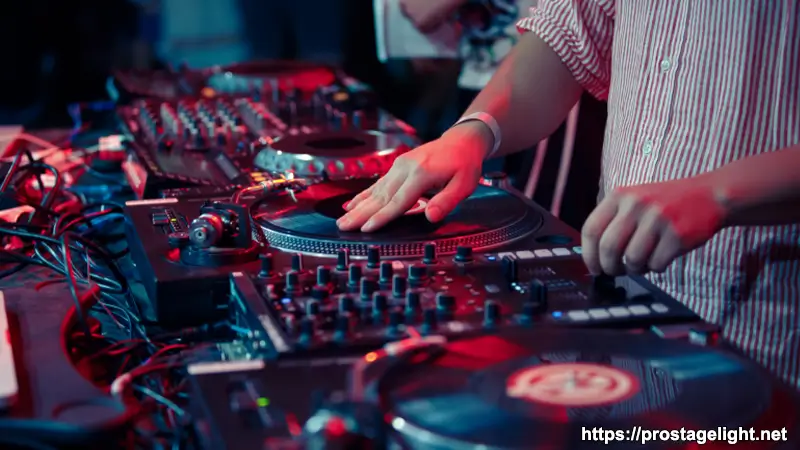
Here are some suggestions:
1 .If you are determined to learn DJing, then a music library for practice is essential. Therefore, it is recommended that students listen to more music before starting to learn, find the music style they like, collect no less than 100 songs of this style, and download them. File formats: MP3/WAV.
2. HOUSE, TECHNO and other 4/4 beat dance music are the origin of all electronic dance music. First learning to play HOUSE and TECHNO can help you better master the basic skills of DJing. Students can also collect no less than 40 HOUSE or TECHNO songs for basic skill practice in the early stage of the course.
How does a DJ work?
For a DJ, the quality of work depends on the following aspects:
A. Taste in selection, B. Control of dance music, C. Mixing techniques.
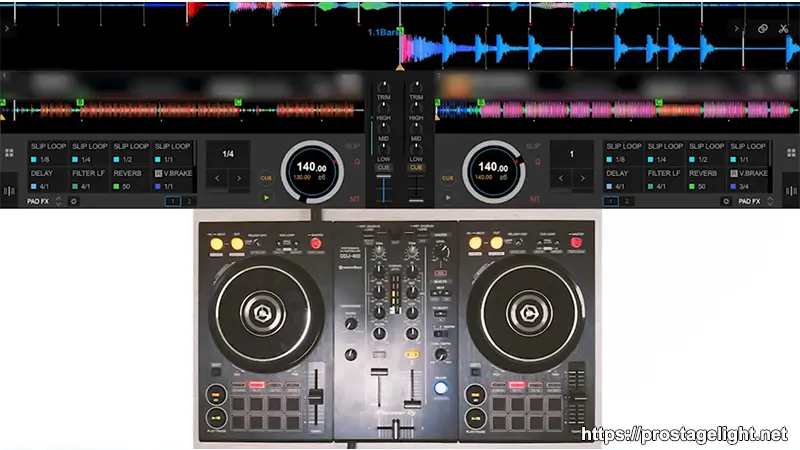
These three aspects are in a sequential order, and their importance is different. First and foremost, the most important one is the taste in selection. As a DJ, you should have a higher music taste than ordinary people and dig deeper into specific styles. This is a prerequisite for being a qualified DJ. Second, for the control of dance music, as a qualified DJ, you should firmly control the atmosphere of the whole venue and be able to play the right music at the right time. Third, the ability to mix. The art of DJ mixing is actually reflected in many aspects. For example, the timing of connection is also an important aspect of mixing. The difference can be huge when the same two songs are connected in different ways at different times. Besides the above points, the use of various effectors is also very important. Some DJs like to use a variety of effectors to create the desired atmosphere. In fact, using too many effectors is not a good thing. Using too many effectors means that it will destroy the original effect of the song created by the music creator. When the music creator created this song, he or she had already arranged various appropriate effector sections very well. As a DJ, there is no need to use too many effectors to modify the song. Using too many effectors will backfire and change the song beyond recognition, which is a very bad feeling. So this is also an art of mixing. You need to use effectors appropriately at the right time to achieve better results. And the above are the three most important elements for a DJ.
Finally: How does a DJ find suitable tracks?
With so many music styles, how to find the music you want has become a big problem in front of us. I have talked about this many times before. Grace Stage Lighting has a lot of DJ friends and clients. When chatting with them often, they would also ask: Finding songs is an extremely important part of a DJ's life. So how to enrich your own music library? We have summarized some information for you.
I often exchange experiences and insights on finding songs with my DJ friends. In these exchanges, I found that each DJ has his own set of methods and channels for finding songs. Some mainly look for and download songs on music platforms. Some mainly use Soulseek and rely on the help of online resource masters. Others use Soundcloud and Bandcamp platforms to find songs and buy genuine songs. The most amazing person I know is someone who knows many bosses of music labels. Whenever the artists of these labels have new works, these bosses will automatically send the new songs to his email and let him find opportunities to play them at DJ gigs.
Here, I recommend a website to you: Soundcloud. Many electronic music producers will release their works on it, and there are also a large number of user-created playlists on it. You just need to directly search for the music style you need, and a lot of relevant music will pop up.
Then there is another website, Bandcamp. Bandcamp is the world's largest digital record distribution platform. You can find a large number of newly released electronic music on it and directly purchase digital albums on this platform, which is very convenient.
Soulseek is a P2P sharing software developed by Nir Arbel, a programmer of the famous music sharing platform Napster, at the end of 1999. After more than 13 years, it has become one of the music sharing software with the best reputation and the largest number of users. It supports Windows and Linux systems, and online users can share with each other and has an excellent Wishlist function.
I also recommend a particularly hardcore and awesome website to you, called Every Noise at Once. It is a website very suitable for digging music according to music styles. It was built by Glenn Mcdonald, a data engineer. It grabs data from Spotify and uses algorithms to analyze the correlation of music styles and generate music style cluster maps.
Frequently Asked Questions
What does DJ stand for?
DJ stands for Disc Jockey.
What are the main types of DJs?
The main types are radio DJs, event DJs, and club DJs.
What equipment does a DJ need?
A DJ needs a computer, a DJ console (like DDJ-400), a USB3.0 High-speed USB flash drive ,and monitoring headphones.
How can a DJ cultivate music aesthetics?
By listening to various music styles purposefully and widely, and building a personal music library.
Where can DJs find suitable music tracks?
DJs can find music on platforms like Soundcloud, Bandcamp, Soulseek, and Every Noise at Once.

